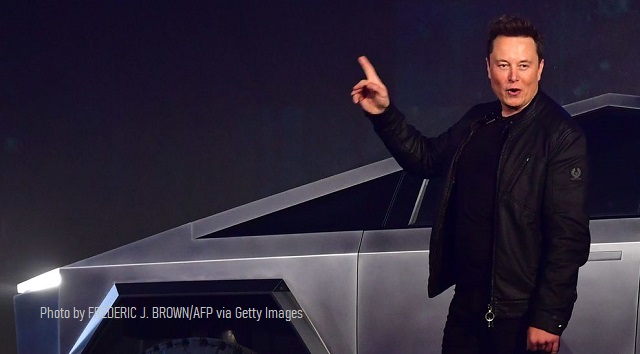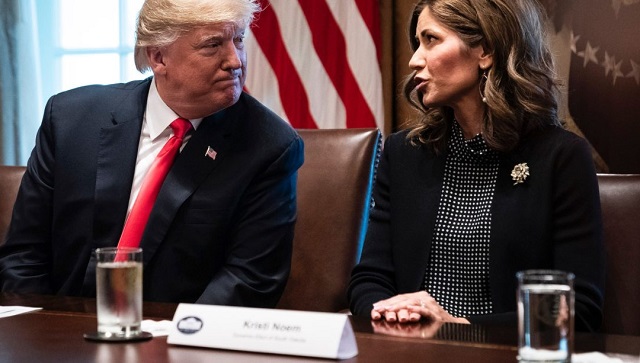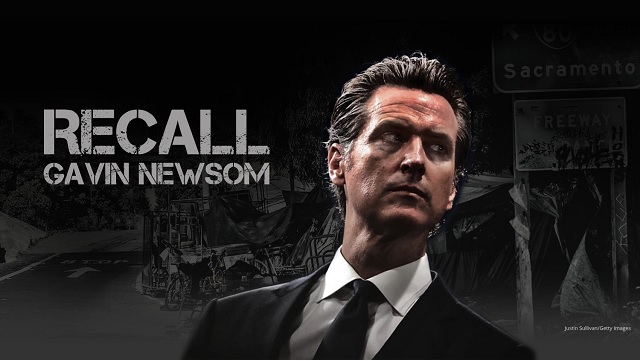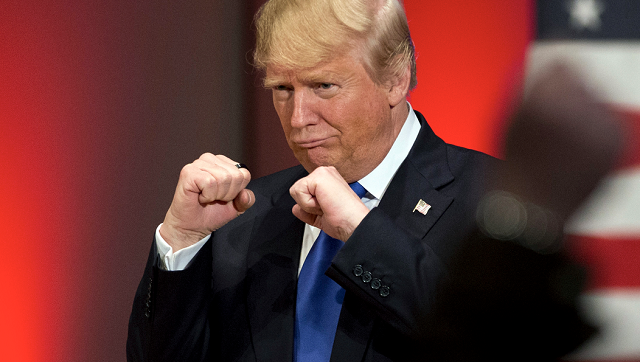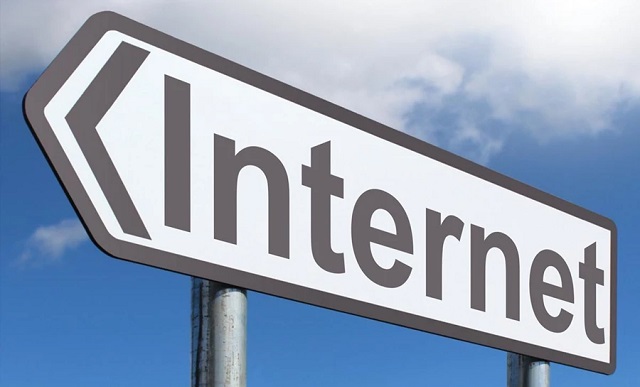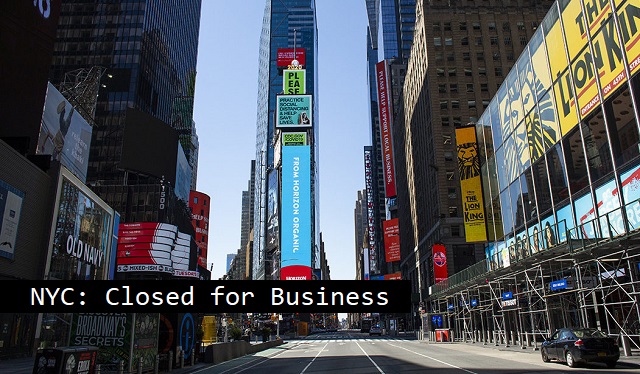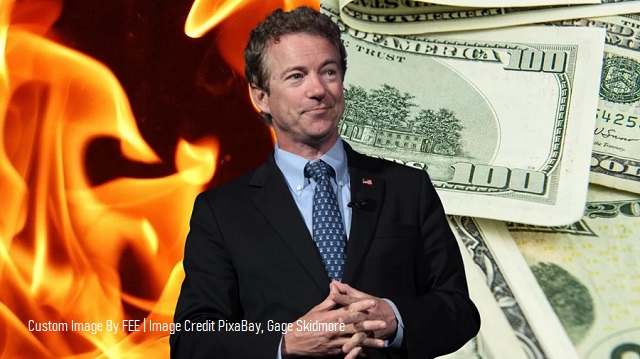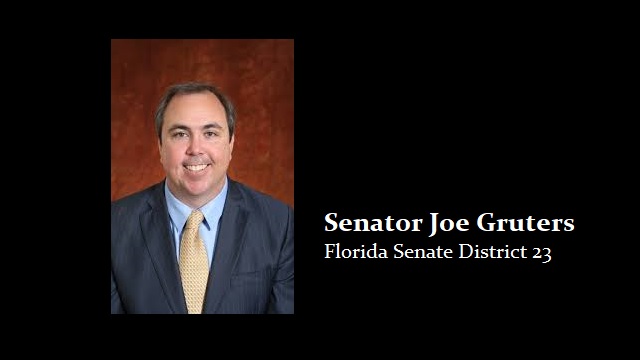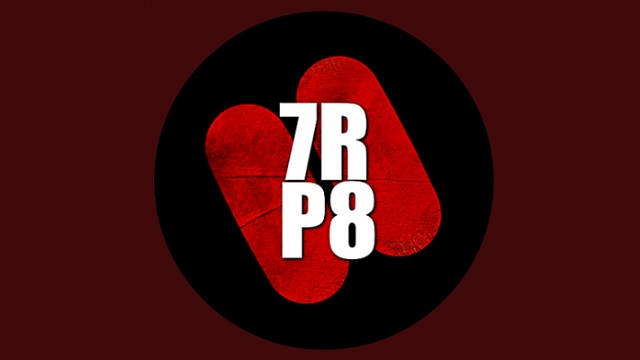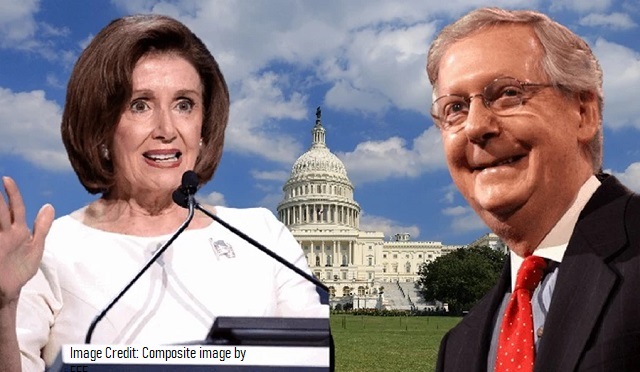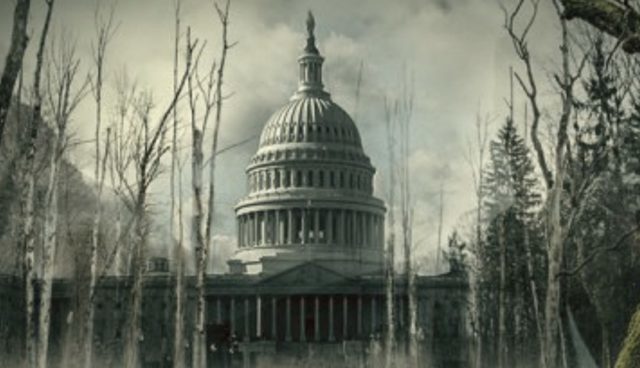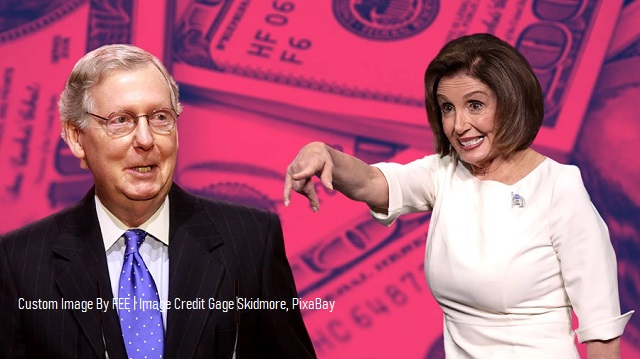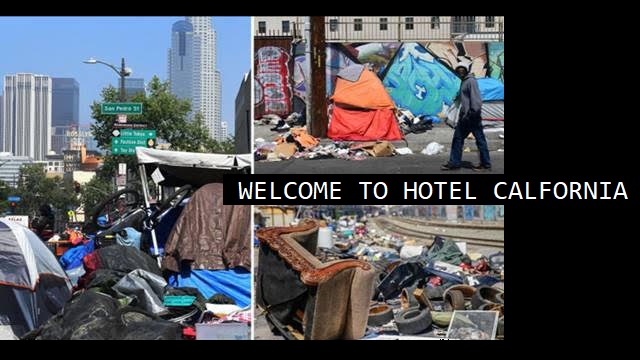What Does China Want? Xi Jing’s “China Dream”
In his first speech after taking office as the general secretary of the Chinese Communist Party (CCP) in 2012, Xi Jinping employed a phrase not used in public by previous Chinese leaders – qiang zhongguo meng, or “strong nation dream” (1). Since then, Xi and other Chinese leaders have repeatedly referred to the “dream” of “resurrecting” or “rejuvenating” China as a great power. Many observers have characterized the “China Dream” as Chinese leaders’ natural desire to recoup China’s position as the universally recognized “Great State” in Asia following the “century of humiliation” that began with the Sino-British Opium Wars (1839-1860) and culminated with the Japanese invasion and occupation of China (1937-1945), a period during which China was subjugated and carved up by foreign powers. In this view, the goal of the “China Dream” is to make China so wealthy and powerful that it will never again be subject to such treatment (2). Proponents of this view of the “China Dream” tend to argue that a “rejuvenated” China will take its rightful place as a responsible great power in the current rule-based international system.
Other analysts have taken a less benign view of the “China Dream” and what it means for the rest of the world. In China’s Vision of Victory, Jonathan T. Ward characterized the “China Dream” as the vision lying at the core of a global grand strategy intended to assert China’s central position in the world (3). Michael Pillsbury, in The Hundred Year Marathon, argued that the “China Dream” in fact represents China’s intent to create a new China-centric world order, an ambition he traced back to Mao Zedong.
Ideology is Still Central
Much of the discourse on the “China Dream” has been based on the unfounded assumption (or wishful thinking) that China’s economic growth would somehow result in both economic liberalization and democratization. This assumption fundamentally disregards the nature of the Chinese state. The People’s Republic of China is an enduring communist party-state in which the “Chinese nation” and its interests are synonymous with those of the CCP (4). Under Xi, the “core navigator and helmsman” who is likely to remain in power for at least the next 10 years (5), China’s communist identity has been reinforced and the CCP remains resolutely Marxist, Stalinist, Leninist, and Maoist. According to Alice Ekman, Senior Analyst of Asian Issues at the European Union Institute for Security Studies, all political and social activities in China are controlled by the CCP according to a rigid Leninist and Stalinist model which, if anything, has been reinforced by Xi both in theory and in practice. At the same time, the role of the CCP in the Chinese economy has increased substantially. Marxism, Ekman concludes, is at the core of Xi’s China (6).
In Xi’s view “coexistence” between capitalist and Communist societies is…unavoidable, for a while, perhaps for decades. But Western democratic and capitalist countries are fundamental enemies of Communism, hence of China. While the economical confrontation may go through different stages, the ideological confrontation is perpetual and can only end with the victory of one side, i.e., of Communism, since Marx’s predictions are regarded by Xi Jinping as infallible (7).
Ekman’s analysis is important because it lays aside the “China is no longer communist” rhetoric for a much more realist – and more historically accurate – view of a centralized party-state whose rulers remain ideologically and practically committed to the global victory of communism. This would mark not only the final victory of Marxism, of which Xi is apparently convinced, but also the ascension of a China with a “strong desire for redress, if not vengeance, for past national humiliations” (8) to a position of global dominance.
The “China Dream” as Grand Strategy
In its widest sense, strategy refers to the coordinated use of instruments of national power – diplomatic, military, economic, and informational – to achieve national objectives. A nation’s grand strategy reflects the vision a nation has for itself and seeks to systematically leverage available instruments of national power to shape the international environment in ways that reflect the values of the state and serve its national interests (9). In matters of international relations, a state’s true intentions may be unknown or subject to change, while its capabilities and behaviors are generally visible. Granted that the PRC has not published a detailed description of what realization of the “China Dream” actually entails, China’s capabilities, actions, and their likely impacts are readily discernible.
The 2018 National Defense Strategy of the United States characterized China as a “revisionist power” engaged in long-term strategic competition with the United States. “It is increasingly clear that China [wants] to shape a world consistent with [its] authoritarian model – gaining veto authority over other nations’ economic, diplomatic, and security decisions.” While China’s near-term goal is to seek regional hegemony in the Indo-Pacific region, its long-term goal is to seek “displacement of the United States to achieve global preeminence in the future.” China, the Strategy noted, pursues a long-term, all-of-nation strategy to assert power through a combination of military modernization initiatives, predatory and coercive economic measures, and influence operations (10).
In 2019, the U.S. – China Economic and Security Review Commission found that Beijing [has] stepped up its efforts to promote itself as a global political and economic leader, offering the clearest evidence yet of its ambition to reshape the international order so it benefits Chinese interests and makes the world safe for the [Chinse Communist Party]….[As part of this effort] China [has] continued its efforts to coerce or interfere in the domestic affairs of countries acting in ways contrary to its interests, detaining foreign media, and the Chinese diaspora (11).
Finally, in 2020, a group of researchers at the U.S. Army War College found that China “does not seek to participate as an equal in the existing [international] order. Instead, it seeks to lead a China-centric order where China’s interests come first, and other countries are left to fight for what little is left” (12). That’s what China wants – that’s what the “China Dream” really means.
_____________________
NOTES
(1) Michael Pillsbury, The Hundred-Year Marathon: China’s Secret Strategy to Replace America as the Global Superpower (New York, NY: Henry Holt, 2015), 27.
(2) Timothy Brook, Great State: China and the World (London, UK: Profile Books, 2019); Brendan Taylor and Richard Rigby, “Meridians of Influence in a Nervous World,” in China Story Yearbook 2019: China Dreams, ed. Jane Golley, Linda Jaivan, Ben Hollman, and Shawn Strange (Acton, Australia: Australian National University Press, 2020), 95; Yearbook 2019: China Dreams – The China Story, accessed December 30, 2020.
(3) Jonathan T. Ward, China’s Vision of Victory (Atlas Publishing and Media Company, 2019).
(4) Gloria Davies, “A Dream of Perpetual Rule,” in China Story Yearbook 2019, 31.
(5) This title was conferred on Xi at the Fifth Plenary Session of the CCP in October 2020. Willy Wo-Lap Lam, “Helmsman Xi Jinping Primed to Rule at Least Until the Early 2030s,” Jamestown Foundation China Brief 20, Issue 20 (November 13, 2020), 8; Read-the-11-13-2020-CB-Issue.pdf (jamestown.org), accessed December 30, 2020.
(6) Massimo Introvigne, “China is Communist. Marxist, Leninist, Stalinist, and Maoist,” Bitter Winter: A Magazine on Religious Liberty and Human Rights, April 24, 2020; “China is Communist. Marxist, Leninist, Stalinist, and Maoist” (bitterwinter.org), accessed December 30, 2020.
(7) Ibid.
(8) Gerry Groot, “Making the World Safe (For China),” in China Story Yearbook 2016: Control, ed. Jane Golley, Linda Jaivin, and Luigi Tomba (Acton, Australia: Australian National University Press, 2017), 281; Yearbook 2016: Control – The China Story, accessed December 30, 2020.
(9) Joint Chiefs of Staff, Doctrine for the Armed Forces of the United States, Joint Publication 1, Washington, DC: 25 March 2013, Incorporating Change 1, 12 July 2017, I-1; I-7; accessed December 30 2020; Nadège Rolland, “The Belt and Road Initiative: China’s Grand Strategy,” in Angela Stanzel, Nadège Rolland, Jabin Jacob, and Melanie Hart, Grand Designs: Does China Have a ‘Grand Strategy’? (Berlin, GE: European Council on Foreign Relations, 2017), 5 accessed December 30, 2020.
(10) Office of the Secretary of Defense, Summary of the 2018 National Defense Strategy of the United States of America: Sharpening the American Military’s Competitive Edge (Washington, DC: 2018), 2
(11) U.S.-China Economic and Security Review Commission, 2019 Report to Congress: Executive Summary and Recommendations (Washington, DC: November 2019), 7; accessed December 30, 2020.
(12) Lieutenant Colonel John Schaus, Brian Evans, and Colonel Elizabeth Martin, A Changing Indo-Pacific Region: Growing Complexity for the Six Anchor Nations, Indo-Pacific Theater Design Working Paper 2 (Carlisle Barracks, PA: U.S. Army War College, September 2020), 3-4; A Changing Indo-Pacific Region: The Anchor Partners (armywarcollege.edu), accessed December 30, 2020.
*****
The author is a retired U.S. Army officer and a retired civilian employee of the U.S. Department of Defense. He holds an MS in Strategic Intelligence from the Joint Military Intelligence College (now National Intelligence University), and an MA in National Security and Strategic Studies from the U.S. Naval War College. His published work has appeared in The Journal of Strategic Studies, Israel Affairs, Parameters, The International Journal of Intelligence and Counterintelligence, and the International Bulletin of Political Psychology.


